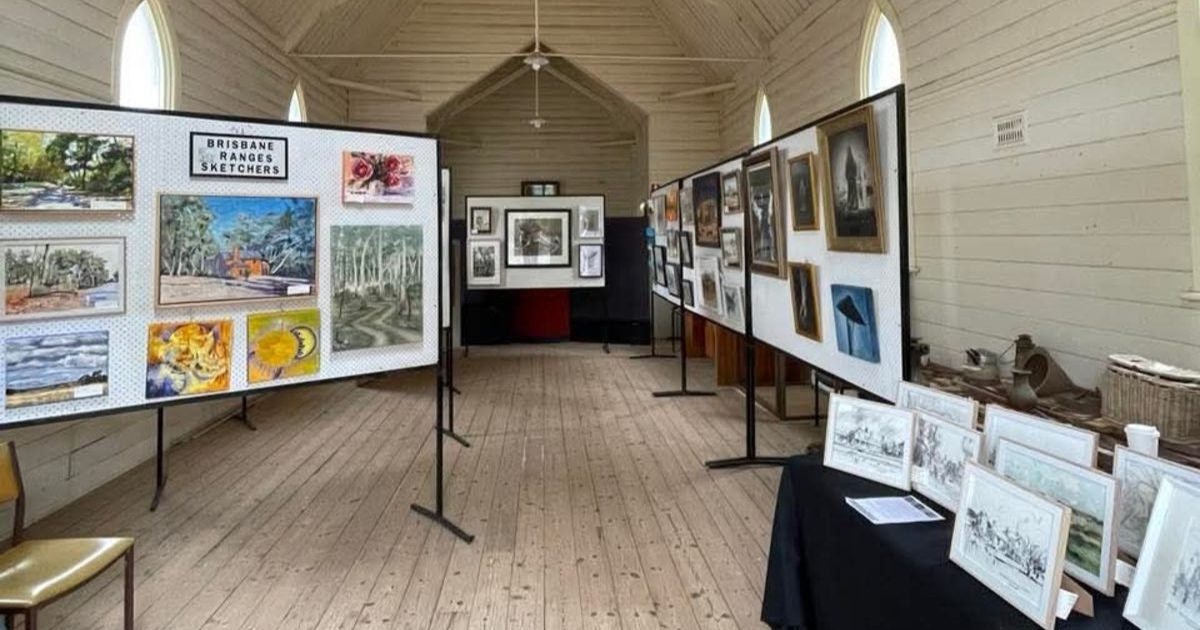Breast cancer research front of mind
At Olivia Newton-John Cancer Research Institute (ONJCRI), research into breast cancer is particularly top-of-mind this week, given the State Memorial Service for Dame Olivia Newton-John DBE, AC held on Sunday 26th February.
Although breast cancer treatment has come a long way, every year 3,100 Australian women still die from this disease.
When breast cancer is diagnosed early or when the tumour is contained to the breast or nearby lymph nodes, patients have a high chance that their cancer will be curable. However, in one out of five patients, breast cancer cells have the potential to lie dormant for many years – even decades – and then wake up and start growing and spreading to other areas of the body.
This process is called metastasis and while patients may be treated to slow down tumour growth, currently the disease is incurable.
Professor Robin Anderson, Head of the Metastasis Research Laboratory at the Olivia Newton-John Cancer Research Institute, along with Associate Professor Sarah Ellis and postdoctoral fellow Dr Charlotte Roelofs, has received a large four-year grant from the National Health & Medical Research Council to investigate how to develop new treatments for those at risk of developing secondary cancers.
The grant funding has allowed these researchers to set up preclinical models of breast cancer dormancy.
Using these models, they can recover the dormant tumour cells to analyse the genetic changes that allow tumour cells to remain viable but no longer growing.
“Once we understand why some cancer cells lie dormant and how they can re-awaken, we can identify new genes to target and either keep dormant cells asleep permanently or even kill them,” Professor Anderson explained.
“The cause of death of patients who are initially diagnosed with breast cancer is nearly always metastases that grow into uncontrollable secondary tumours. Our research will be critical to improving the outcome for patients with advanced breast cancer.
“As our Founding Champion Olivia Newton-John herself died from a very late recurrence of breast cancer, we hope she would be proud of our current research aiming to find new therapies for this disease.”
An ONJCRI spokesperson explained that Olivia Newton-John would visit the Institute regularly and meet with researchers to hear about the progress being made and advocated strongly to support research projects at the ONJCRI.
“Her visits and messages of support would inject energy and enthusiasm into our research teams and was a constant source of inspiration to our staff and students,” the ONJCRI spokesperson said.
“Her enthusiasm for our research efforts and patient care was genuine and inspiring. It was a privilege to know Olivia, and we will continue our research efforts to make discoveries and achieve improvements in patient care that she was so passionate about.”



















